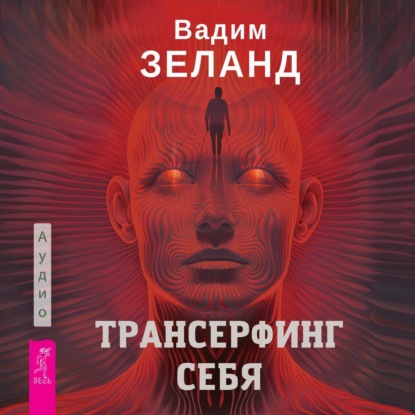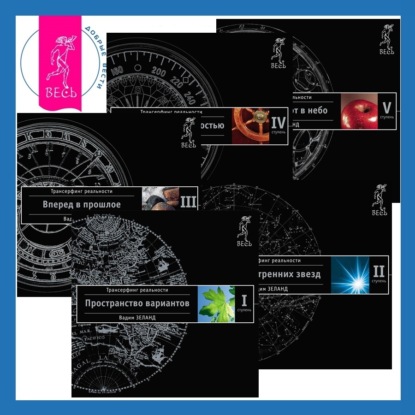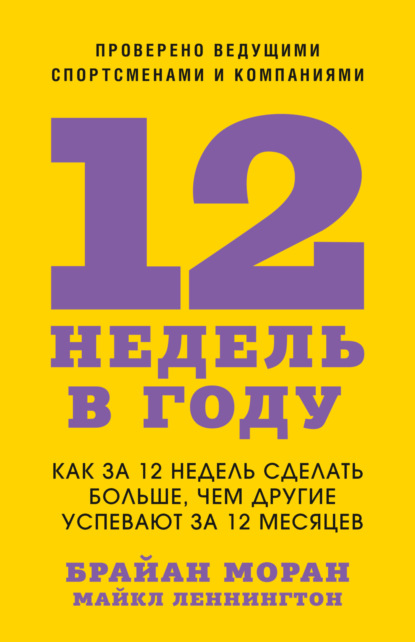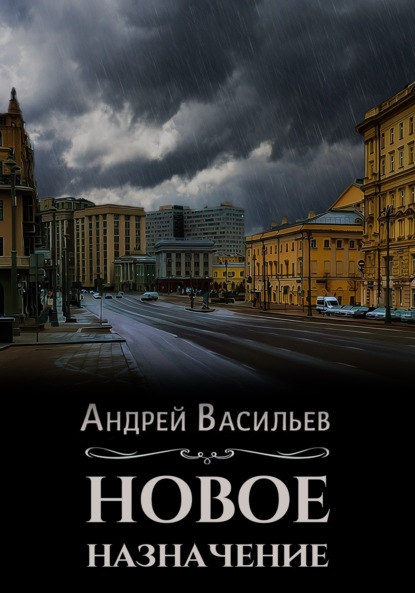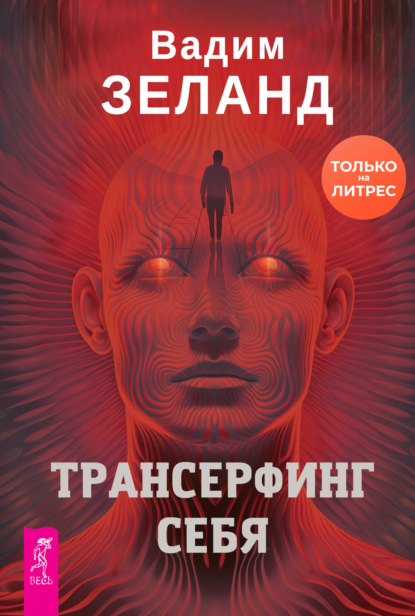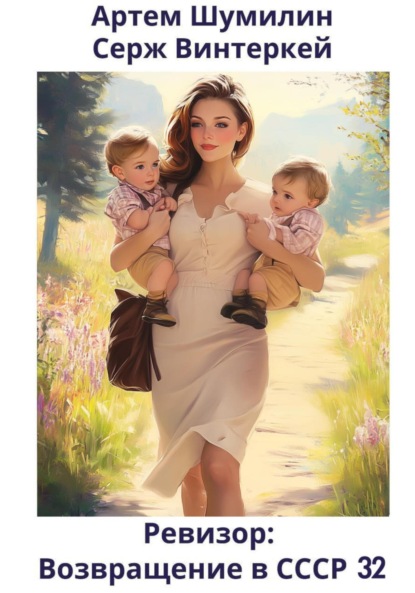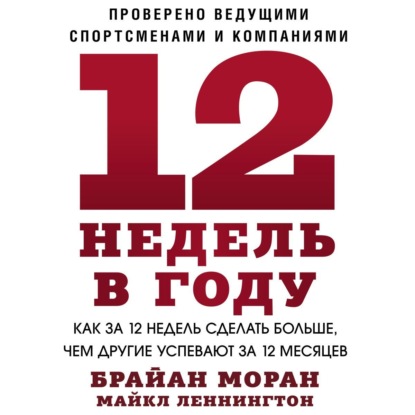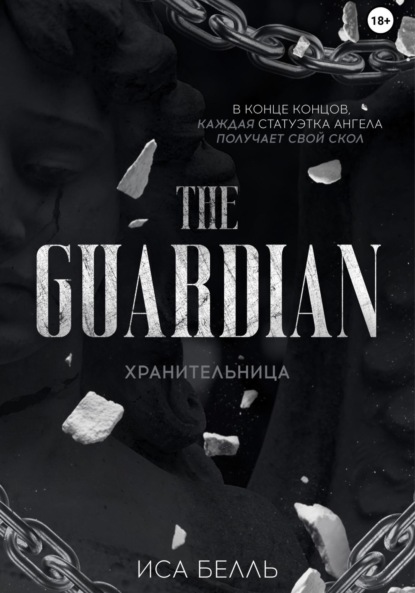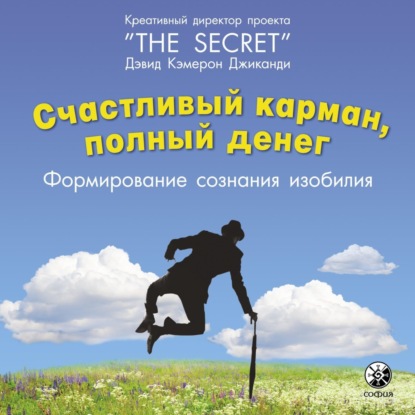In this book, Wolff-Michael Roth takes a 38-minute conversation in one science classroom as an occasion for analyzing learning and development from a perspective by and large inspired by the works of Mikhail Bakhtin but also influenced by Lev Vygotsky and 20th century European phenomenology and American pragmatism. He throws a new and very different light on the nature and use of language in science classroom, and its transformation. In so doing, he not only exposes the weaknesses of existing theoretical frameworks, including radical and social constructivism, but also exhibits problems in his own previous thinking about knowing and learning in science classrooms. The book particularly addresses issues normally out of the light of sight of science education research, including the material bodily principle, double-voicedness, laughter, coarse language, swearing, the carnal and carnivalistic aspects of life, code-switching, and the role of vernacular in the transformation of scientific language. The author suggests that only a unit of analysis that begins with the fullness of life, singular, unique, and once-occurrent Being, allows an understanding of learning and development, emotion and motivation, that is, knowing science in its relation to the human condition writ large. In this, the book provides responses to questions that conceptual change research, for example, is unable to answer, for example, the learning paradox, the impossibility to eradicate misconceptions, and the resistance of teachers to take a conceptual change position. Это и многое другое вы найдете в книге Dialogism (Wolff-Michael Roth)
Dialogism Wolff-Michael Roth (книга)
Подробная информация о книге «Dialogism Wolff-Michael Roth». Сайт не предоставляет возможности читать онлайн или скачать бесплатно книгу «Dialogism Wolff-Michael Roth»

